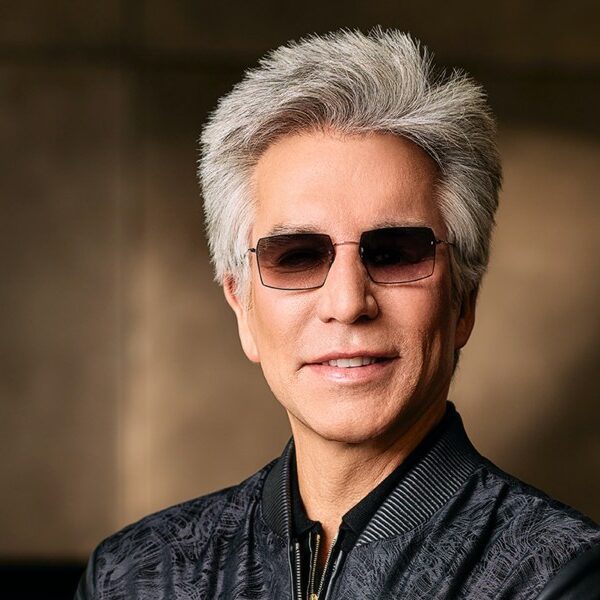
South Korea’s small investors are trying to shake up the country’s creaky corporate landscape.
Amateur stock-pickers across the country are gathering on social media platform KakaoTalk and dedicated shareholder apps such as Act, which has racked up more than 110,000 users in the two years since it launched. Their aim: to give a jolt to Korea’s $1.9 trillion stock market, which has for years traded at cheaper multiples than regional rivals like Japan and Taiwan.
“Korea’s financial system lags global standards and companies need to be held accountable,” said Younghee Won, a 66-year-old art instructor and amateur investor. “Online platforms allow our anger to translate into action.”
This wave of grass-roots activism means Korea’s listed companies are now being pressured from all sides, as politicians, regulators and foreign investment funds push for better governance. That may finally force local companies to address the long-standing “Korea discount”—adding fuel to a stock market that is already one of the world’s best performers so far this year.
It has also turned small investors into a surprising political force. Lee Jae-myung, the left-leaning politician who won the country’s presidential election last week, tried to position himself as a champion for shareholders, promising to lift corporate governance standards, curb stock manipulation and set the Kospi index on the path to 5,000—almost 80% higher than its current level.
The Kospi entered a bull market after Lee’s election win and was around 1.7% higher in early Asian trading on Monday.
The market is getting a boost from foreign funds loading up on stocks, and rising optimism from Wall Street. Goldman Sachs Group Inc. strategists said in a weekend note they were upgrading Korean stocks to overweight from neutral, pointing to the increased likelihood of capital market reforms.
Growing clout
Retail investors in Korea now represent almost 30% of the overall population, according to Goldman Sachs. A boom in stock trading during the COVID-19 pandemic led to millions of new account openings, fueling the rise of online communities where they could learn about stock picking—and hatch plans.
Shareholders of Korean companies filed 168 proposals in the most recent round of annual general meetings, a jump of more than 80% from 2021, according to figures from the AJU Research Institute of Corporate Management. That included 78 proposals directly targeting management, calling for the appointment or removal of executives.
“Minority shareholders are seeking a more active role in corporate governance,” said Nameun Kim, deputy director at the AJU. “If previously the focus was solely on returns, now they want their preferred directors on the board so they can participate in management decisions.”
So far, small investors’ successes have come at small companies, those with a market value of $1 billion or less. During the recent round of annual general meetings in March, medical company Oscotec Inc. scrapped plans to reappoint its chief executive after pushback from investors, while biotechnology firm Amicogen Inc and textile company DI Dong Il Corp. appointed new auditors after small investors pushed for it.
Oscotec, Amicogen and DI Dong Il Corp. didn’t respond to requests for comment.
Unsurprisingly, many companies do their best to resist—or simply ignore—these mini activists. Kim, a schoolteacher who asked to be identified only by his surname, became so frustrated with one Korean company whose stock he holds that he sent 400 letters to fellow investors he found in the company’s shareholder registry, asking them to join him in a KakaoTalk group to discuss possible action. More than 120 of them signed up.
“I had to print and mail each one by hand,” he said. “I did it all on my own, outside of work hours, while maintaining a full-time job. Shareholder activism is exhausting, frustrating and frankly overwhelming.”
The company didn’t respond to Kim’s numerous requests for clarity on their business performance, and he ended up selling most of his stake. He held on to a few shares out of a sense of obligation to his fellow activists.
The rise of small investors in Korea differs from the meme-stock mania in the U.S., where anonymous users on Reddit’s WallStreetBets forum banded together to drive up the price of GameStop Corp. and other shares. Korean platforms such as Act and Hey Holder require users to confirm they actually hold shares before they can join any dedicated group, meaning those weighing into discussions already have skin in the game.
Act’s CEO Sangmok Lee said that users on his platform often act more like “fans” of the companies they hold. “Fans engage in shareholder activism out of love for the company, much like how parents use discipline out of love,” Lee said.
Powerful allies
Korea’s stock market has for years been cheaper than close rivals Japan and Taiwan when it comes to metrics such as the price-to-book ratio, a popular measure of how much a stock is worth compared to the value of a company’s assets. The “Korea discount” doesn’t have a single cause but analysts point to worries about how companies invest, a convoluted series of cross shareholdings and a sense that the interests of company executives aren’t always in line with their shareholders.
Small investors won’t be enough on their own to turn things around, but they have some powerful allies. Local activist funds like Align Partners Capital Management Inc. are on the rise, adding professional savvy to the efforts of amateur investors. Foreign funds are also getting in on the act, expanding their operations in Korea in the hopes that the market is finally ready to turn a corner.
“We’re optimistic that the presidential elections will bring even more substantial changes in South Korea,” said Seth Fischer, founder and chief investment officer of activist fund Oasis Management in a recent Bloomberg Television interview. He added a note of caution, saying there was still a “long, long way to go” in reforming Korea’s corporate sector.
But small investors’ greatest source of support may come from the very top. In a Facebook post before his election win, Lee Jae-myung promised to protect investors’ interests, promote transparency and push companies to appoint directors representing minority shareholders.
His goal? Turning the “Korea discount” into a “Korea premium.”
This story was originally featured on Fortune.com















